The benefits of higher education go far beyond careers. Discover how college transforms individuals, communities, and entire societies for the better.

Higher education doesn’t just open doors to jobs—it opens minds. In a world that’s growing more complex, the role of universities and colleges extends far beyond classrooms. They shape leaders, foster critical thinking, and plant the seeds of progress in every corner of society.
The Benefits of Higher Education: How It Transforms Society
As more people pursue advanced learning, the ripple effects can be seen in stronger economies, healthier communities, and more active citizens.
This article explores the many ways higher education helps build a better, more informed world—and why it’s more important than ever.
Expanding Horizons and Critical Thinking
College is often the first time people are truly pushed to question what they believe. Instructors encourage discussion, debate, and analysis, which helps students develop more than just subject-specific knowledge. They learn how to think critically and make informed judgments.
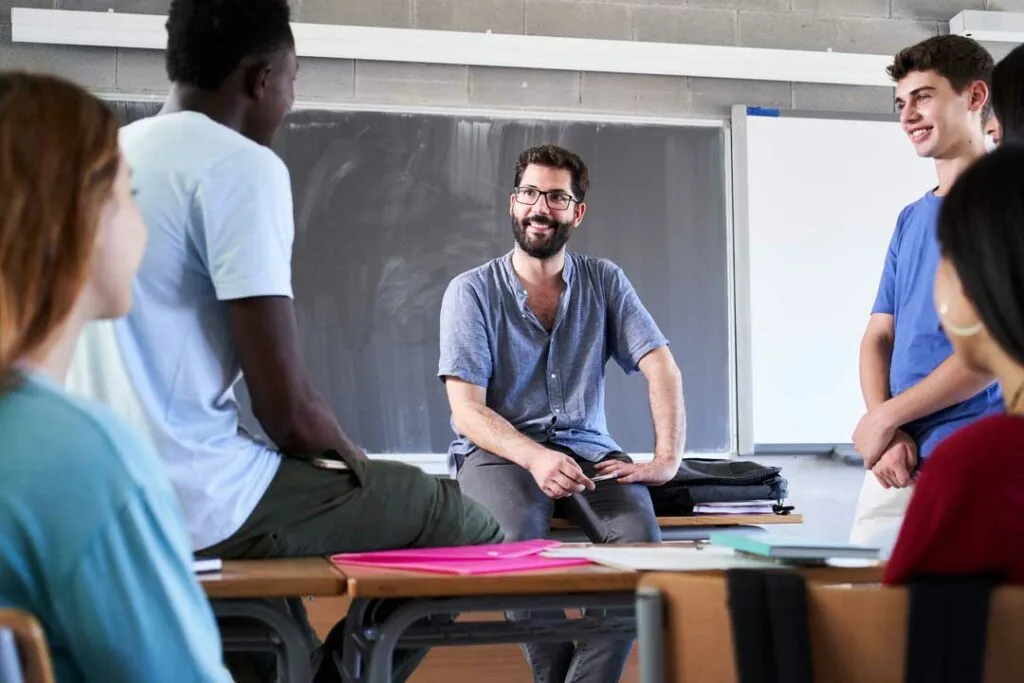
This is key in a world overflowing with information, much of which is misleading or false. By developing the ability to weigh sources, consider different perspectives, and arrive at well-reasoned conclusions, graduates become better decision-makers in both personal and professional settings.
Classroom experiences are not the only part of this transformation. Group projects, guest lectures, and independent research all help shape how students think. Instead of accepting ideas at face value, they learn to probe deeper. Over time, this habit of asking questions and seeking answers becomes second nature, influencing everything from how they vote to how they raise their children.
Fueling Social Impact Through Purpose-Driven Careers
Higher education can be a powerful driver for social change, especially when students pursue careers that are focused on service. Programs like masters degrees in social work give students the practical tools and ethical grounding they need to address complex social problems. These degrees combine rigorous coursework with field placements, allowing students to apply what they learn in real-world settings.

Graduates go on to work in schools, hospitals, nonprofits, and government agencies. Their work directly affects vulnerable populations, from children in foster care to seniors in need of support. But beyond individual cases, social workers also help shape policies and advocate for systemic reform. Their education gives them the knowledge to understand root causes and the skills to push for lasting change.
Breaking the Cycle of Poverty
Education can shift the course of an entire family’s life. When someone becomes the first in their family to earn a degree, it often sets off a chain reaction. That person tends to earn more, live healthier, and support the education of future generations. The effects of that one degree multiply over time.
This isn’t just about money. Education builds confidence and opens up networks that might otherwise remain closed. Graduates gain access to people and opportunities that can help them rise out of poverty and stay out.
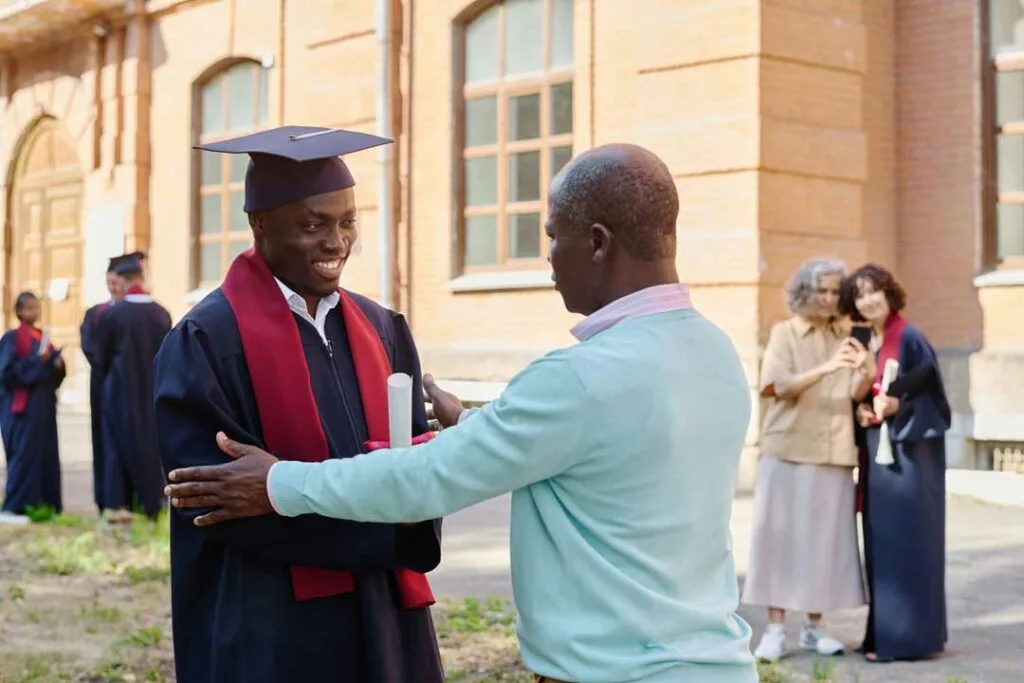
When more people in a community have degrees, the whole area tends to benefit. Employment rises, crime falls, and health improves.
Boosting Civic Participation
Higher education doesn’t just build professionals—it builds citizens. People who have attended college are more likely to vote, attend town halls, and engage in their communities. They stay better informed about current events and understand how systems work. This makes them more likely to push for change, whether through activism, volunteering, or political involvement.
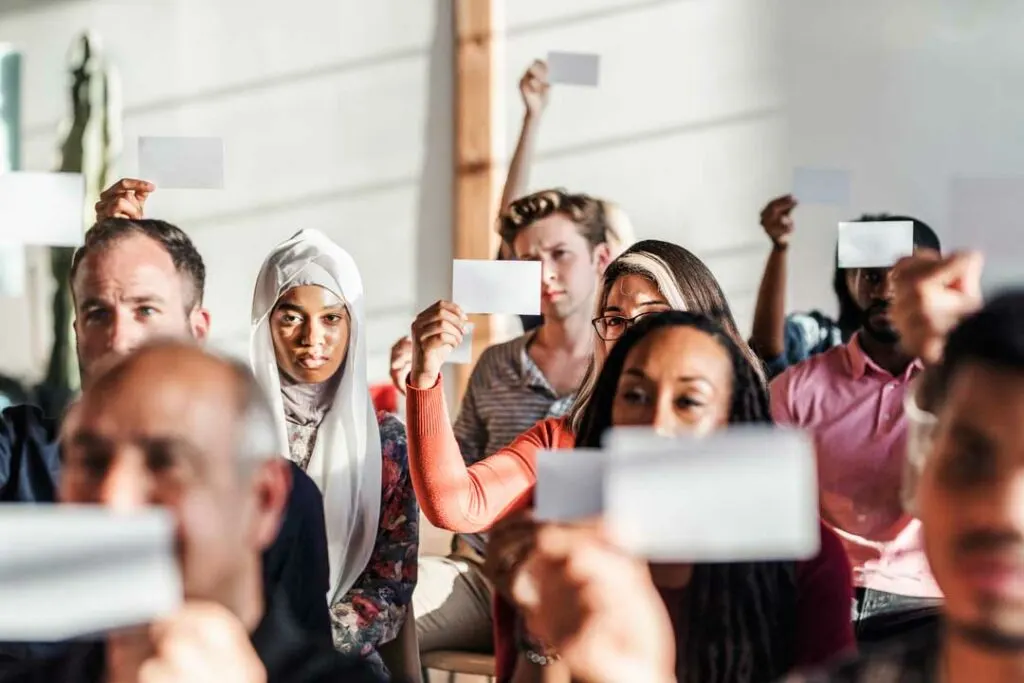
Educated citizens don’t just follow headlines; they understand the context behind them. They know how policies are made and how they can influence those decisions. This creates a more responsive and vibrant democracy.
Supporting Public Health Awareness
One of the lesser-known benefits of higher education is its role in promoting better public health. People who have gone to college are more likely to understand health information and follow medical advice. They’re also more likely to promote healthy habits among their families and friends.
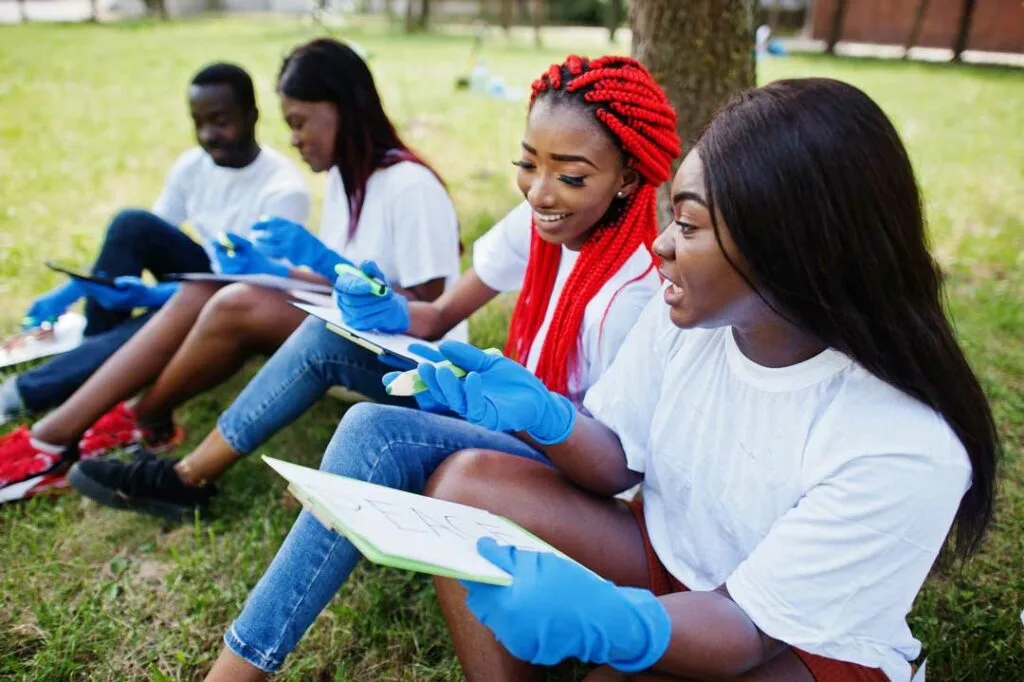
Universities often serve as hubs for public health campaigns. Students get involved in awareness drives, mental health programs, and wellness initiatives that reach far beyond campus.
Graduates carry these values into their communities, where they contribute to healthier living environments.
Driving Innovation and Economic Growth
Higher education plays a crucial role in economic progress. Universities and colleges are often the birthplace of innovation. Whether it’s a startup idea developed in a business class or a medical breakthrough emerging from a lab, campuses are buzzing with new solutions. Students and faculty work together on research that can lead to real-world impact, from new technologies to improved public policies.
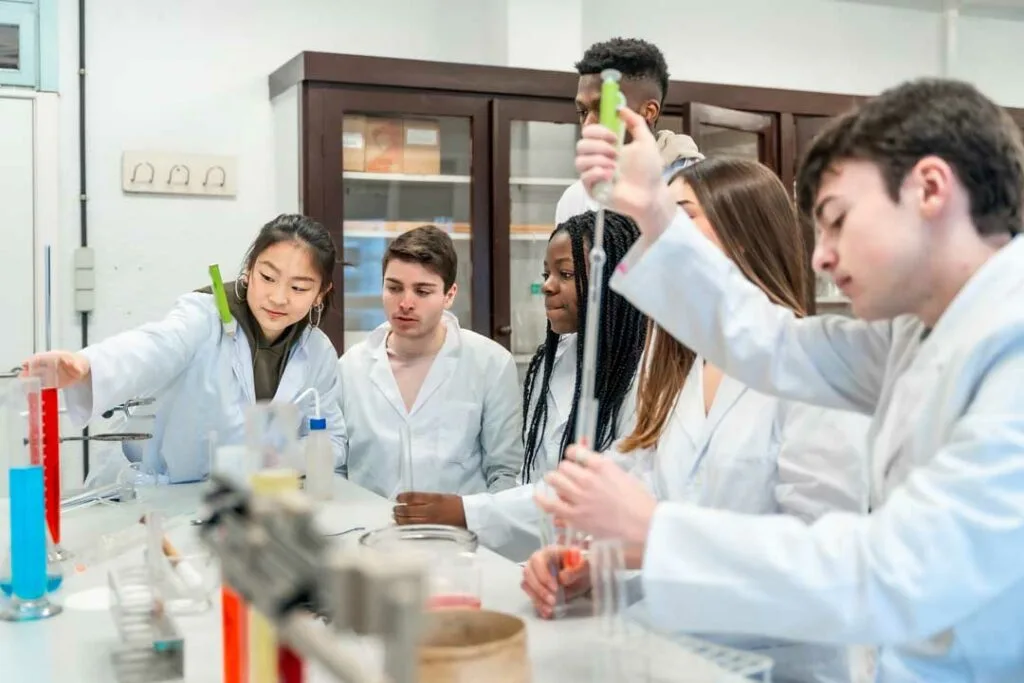
Graduates also enter the workforce with a broader understanding of industry trends and global markets. They bring fresh perspectives and up-to-date skills to the table. This drives productivity and helps businesses stay competitive. Over time, the presence of an educated workforce attracts investment and stimulates job creation. Entire regions have transformed due to the growth sparked by local universities and their graduates.
Creating Leaders Across Sectors
Leadership isn’t just about holding a title. It’s about being able to guide others, make ethical decisions, and stay resilient under pressure. Higher education fosters these qualities through a range of experiences.
Students lead group projects, take part in internships, join student government, or run nonprofit initiatives on campus. Each of these activities builds confidence and skill.
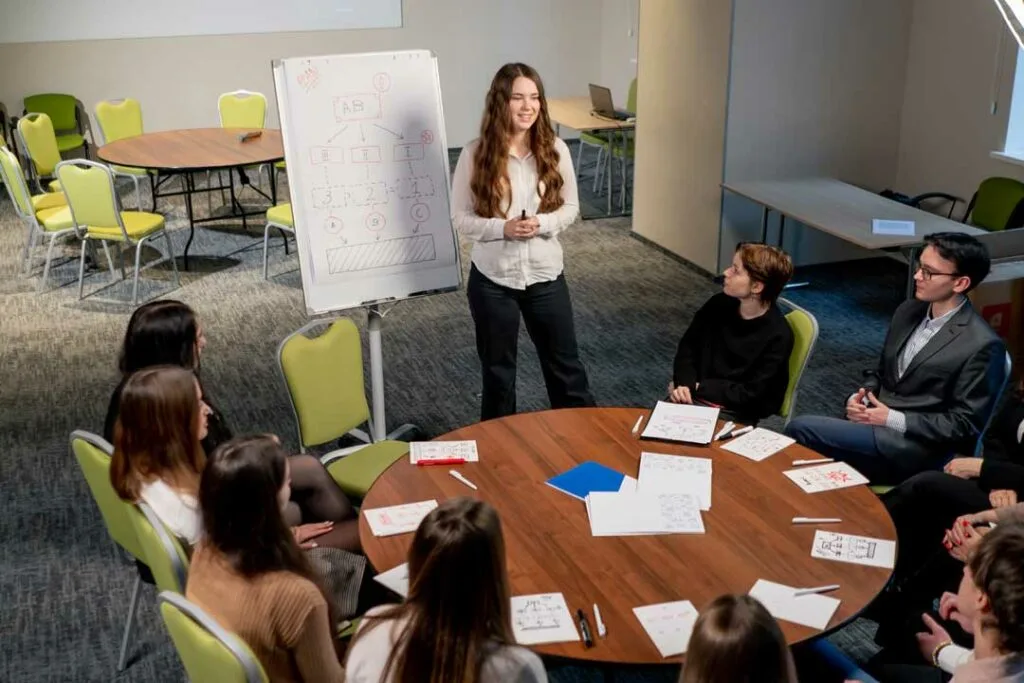
Many of today’s business and civic leaders trace their success back to moments in college where they were challenged to step up. They learned how to listen, how to speak up, and how to navigate failure. Importantly, they also gained a strong sense of responsibility. Higher education instills the idea that leadership is not about personal gain—it’s about service.
This mindset leads to stronger institutions across sectors. Whether in healthcare, government, or private industry, educated leaders bring clarity, direction, and integrity to their roles.
Strengthening Local Communities
The benefits of higher education don’t stop at the campus gates. When graduates return to their communities, they often bring back skills, ideas, and motivation that fuel local development. Some start businesses that create jobs. Others work in schools, clinics, or local governments, directly improving the quality of life for others.

In addition, many universities invest in the areas around them. They partner with local organizations, offer free workshops, and provide resources like libraries and career centers to the public. As education levels rise, communities become more vibrant, resilient, and resourceful.
How Higher Education Builds Stronger Communities and Brighter Futures
Higher education is more than a stepping stone to a career—it’s a cornerstone for a better world. It cultivates innovation and prepares individuals to lead, adapt, and serve. Its impact reaches into every corner of society, from boardrooms and classrooms to neighborhoods and nations. As the challenges around us grow more complex, the need for thoughtful, well-educated individuals becomes even more urgent. By investing in higher education, we invest in the tools, minds, and values that will shape a stronger, more hopeful future.

Jessi is the creative mind behind The Coffee Mom, a popular blog that combines parenting advice, travel tips, and a love for all things Disney. As a trusted Disney influencer and passionate storyteller, Jessi’s authentic insights and relatable content resonate with readers worldwide.
